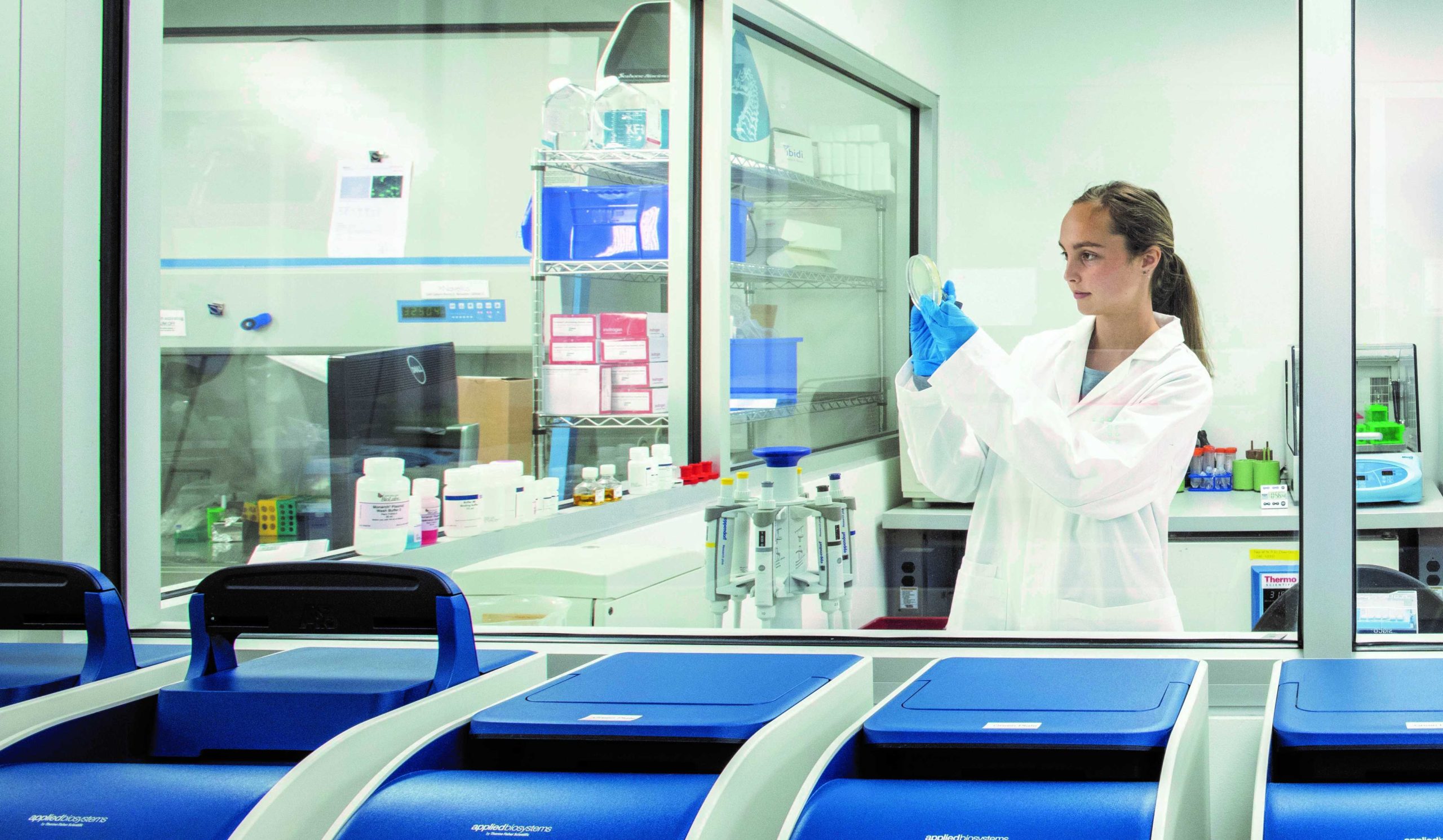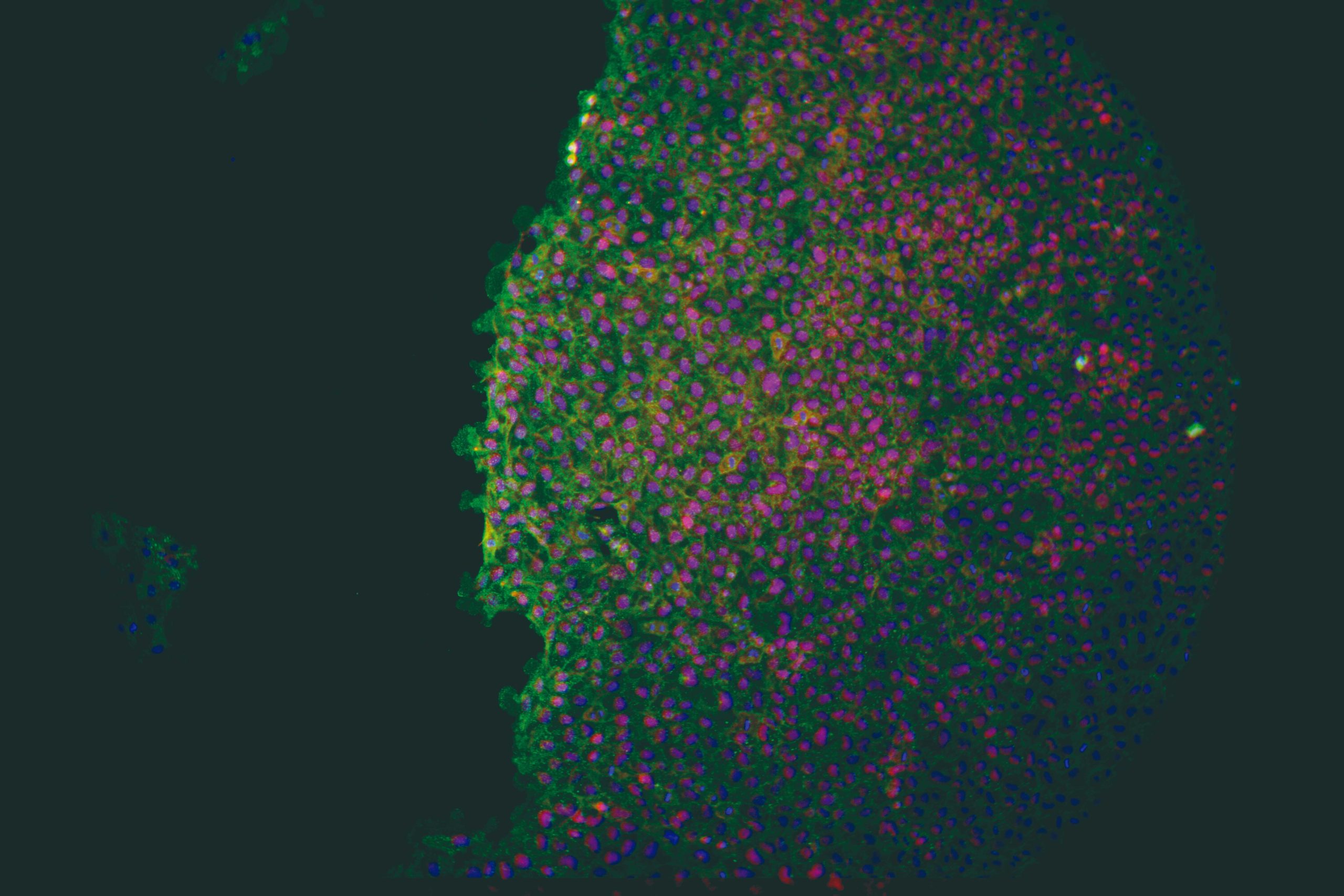

Partners
We collaborate with university and industry partners to develop and deploy new therapies using our technologies.


We collaborate with university and industry partners to develop and deploy new therapies using our technologies.